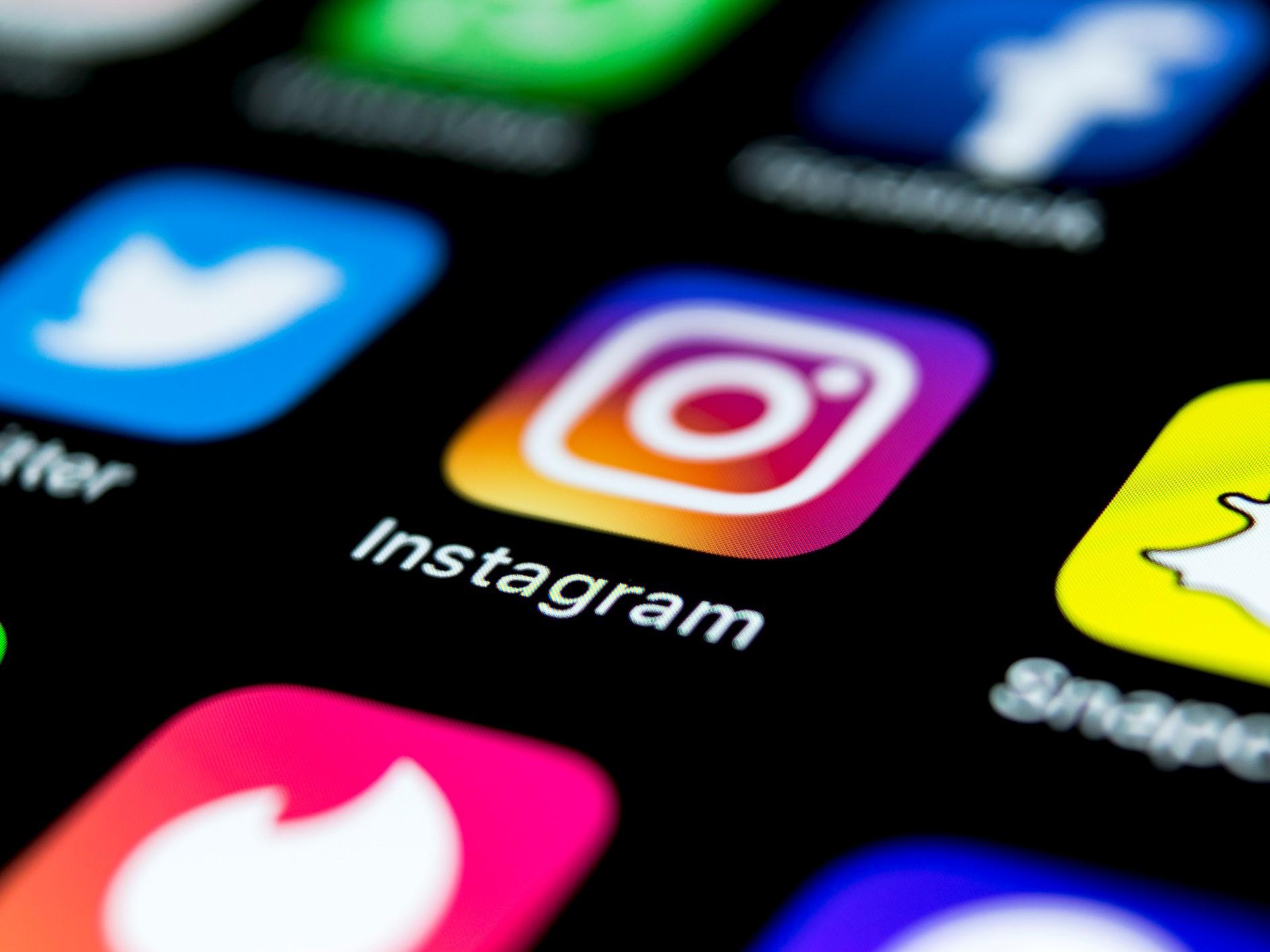Instagram 'stalker app' Like Patrol removed from Apple's App Store
App charged $80 per year to inform users every time someone liked or commented on another person’s photo

Apple has removed an app from its App Store after Instagram claimed it enabled users to spy on each other.
Instagram sent the developers of the Like Patrol app a cease-and-desist letter in October, accusing it of violating its data collection policies.
The app, which cost users $80 per year, allowed people to receive notifications every time someone they were following liked or commented on a another user’s photo.
The service was aimed at people in relationships, with Like Patrol stating in promotional materials that it allowed Instagram users to keep tabs on their partner.
“New guy? New girl? What are they up to on Instagram? With Like Patrol you can see the posts they specifically like,” the app’s website stated.
It also claimed to be able to provide details about the gender and even the attractiveness of Instagram users that targets were interacting with.
A less intrusive version of this was available through Instagram’s official Following Tab, though this was discontinued by the Facebook-owned app last month.
Like Patrol first appeared in Apple’s App Store earlier this year and was spotted by CNet, who reported the “stalking app” to Instagram.
App founder Sergio Luis Quintero told the publication that it acted like Instagram’s “Following Tab on steroids,” though was used by less than 300 people.
Mr Quintero said his company intended to fight for the app to be reinstated to the App Store. The app does not appear on the Google Play Store and is not available for Android devices.
Join our commenting forum
Join thought-provoking conversations, follow other Independent readers and see their replies
Comments
Bookmark popover
Removed from bookmarks